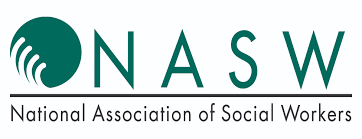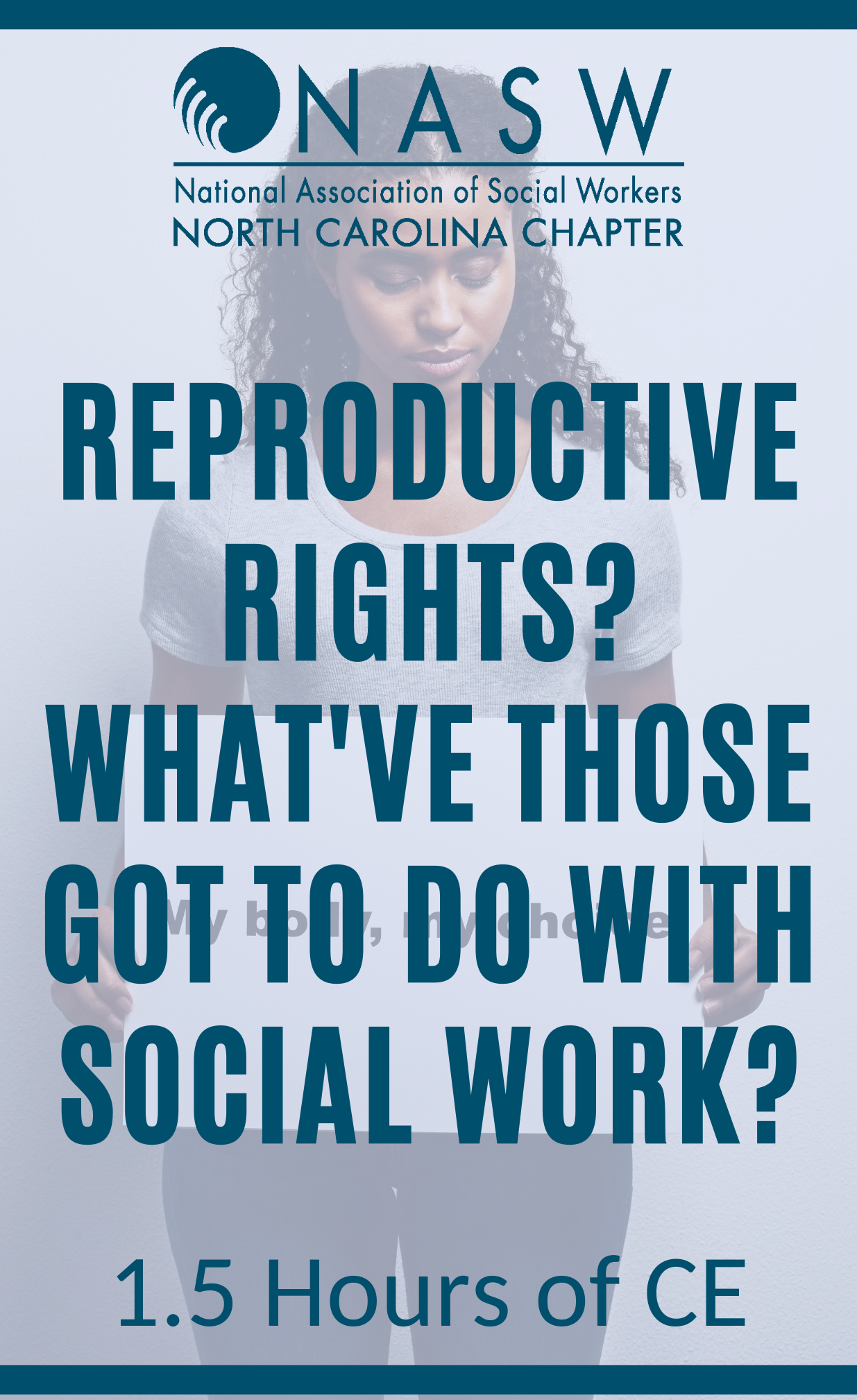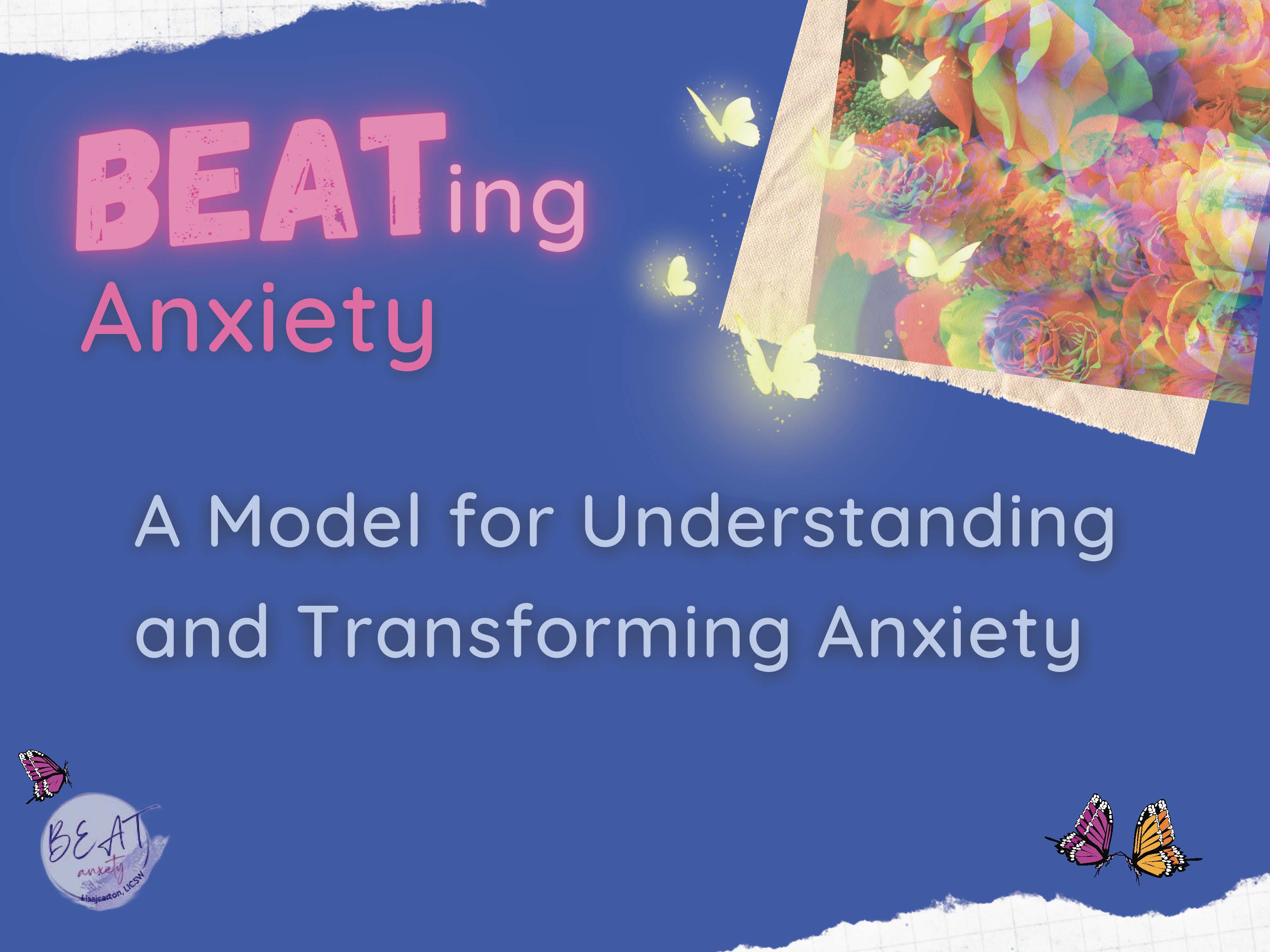|
|
Economic Well-Being: An Introduction
|
|
LinkedIn
E-Mail
|
PLEASE READ BEFORE PURCHASING – You are registering for credits ONLY. In order to complete this course and claim the credits, you must separately purchase and read Economic Well-Being: An Introduction, by Deborah M. Figart and Ellen Mutari, from NASW Press, then complete an exam. After you purchase the credits on the Social Work Online CE Institute, navigate to your My Products page and click the green Play button to purchase the publication from NASW Press. Once you have read the publication, navigate back to your My Products page and click the blue Get Certificate button to complete the exam. Please only attempt to complete the exam after you have separately purchased and read the publication.We are all part of the economy. We all have contributions to make to the economic well-being of our communities. We all make decisions about how we conduct our economic lives based on our values and preferences. Economic Well-Being: An Introduction provides us with tools to accomplish these goals.
As students of social work or other human services professions, it is essential that we understand how economic well-being—or the lack thereof—shapes people’s lives. To use a person-in-environment framework, we must appreciate the challenges faced by our clients, including their access to financial resources and their level of economic functioning. In this groundbreaking text, Figart and Mutari make the study of economic life accessible, applicable, and exciting.
An understanding of the economy is also essential when we incorporate data into our proposals and program assessment, and when we advocate for public policy initiatives on behalf of the constituencies we serve. Economic Well-Being introduces the reader to key economic indicators used to define problems, such as unemployment and underemployment, inflation, recessions, income and wealth inequality, poverty, and discrimination. Such evidence can be crucial for justifying budgets, projecting needs, and writing grant proposals. Written from a modern, pluralist perspective, the text shows why economists and policymakers disagree about regulations, social welfare programs, government spending, and tax policies designed to address these economic problems.
Learning Objectives:
- Explain the role of economic institutions, including private sector markets, nonprofit organizations, and federal, state, and local governments and agencies, in improving people’s well-being.
- Utilize economic indicators to evaluate the level of economic well-being in a country, community, or household.
- Describe the causes and consequences of economic problems such as income and wealth inequality, poverty, and racial, ethnic, and gender income disparities.
- Compare alternative views of policy approaches to stabilizing an economy experiencing recession, unemployment, or inflation.
- Evaluate policy proposals to address income and wealth disparities and improve aspects of well-being such as food security, job quality, health care, and financial security.
| Price (Credits ONLY, Book Must Be Purchased Separately) | Early Registration | Standard |
|---|
| Non-Member | N/A | $35.00 | | Member | N/A | $27.00 |
|
Customers Who Bought This Item Also Bought
(CEtoGo)
NASW-Georgia Chapter 2020 State Virtual Conference: Pre-Conference
(Self Study)
21st Century Ethics and the Politics of Social Work
(Self Study)
A Social Worker’s Perspective on the Importance of Advance Care Planning
(Self Study)
Reproductive Rights…What’ve Those Got to do with Social Work? - Presented by the North Carolina Chapter
(Self Study)
Beating Anxiety: A Model for Understanding and Transforming Anxiety
(Self Study)
Ethical Challenges in the Digital Age—Protecting Clients (and Ourselves)
(Self Study)
COVID-19 Year 5: Are We Prepared for the Next Pandemic?
(CEtoGo)
NASW-NY: Eating Dis/Orders: Diagnostic and Clinical Treatment Approaches and Techniques
(Self Study)
Inter-Ethnic Communication
(Self Study)
Relationships and Connections the Alaska Native Way
(CEtoGo)
Anxiety is Nothing to Fear: Applying the ACT Model in working with Anxious and Depressed Clinical Populations
(Self Study)
AI in Social Work Practice: Emerging Ethical Issues
|
|

 Adding Registration, Please wait...
Adding Registration, Please wait...






